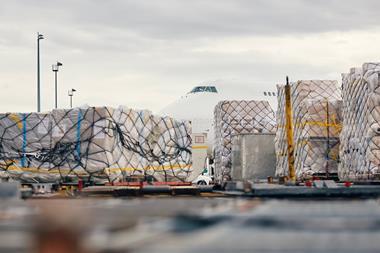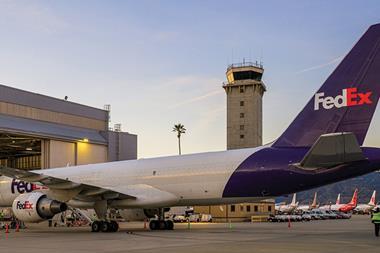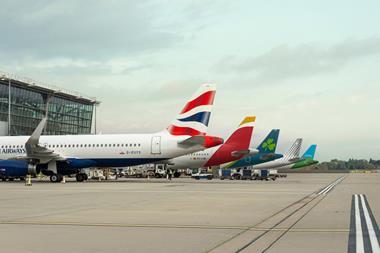Sponsored content: With far less income from tourism and travel visa, Egypt is looking to invest more into cargo transport.
While many countries are still reeling from the effects of the coronavirus, Egypt has already started looking ahead.
With income from tourist sources such as travel visa and resort reservations reaching an all-time low, the African country sees this as the perfect time to heavily invest in domestic infrastructure.
The aim is to greatly increase the amount of cargo traffic Egypt can manage, in the hopes of offsetting the damage suffered from the lack of tourism.
Covid tourism crisis hits Egypt hard
Egypt has been among the hardest hit countries as a result of the coronavirus. The country has historically been a popular tourist destination, but tourist income dropped to near zero in May last year. Egypt was forced to shut down its popular online visa system and institute a travel ban like most countries.
Recently, the government has made strides to jump start its tourism industry, despite covid numbers in Egypt still being substantial. For instance, the government has temporarily abolished the visa requirement for travellers headed to the country’s popular seaside resorts.
This means that foreign travellers currently do not need an Egypt visa if they plan to travel to these areas. Furthermore, Egypt announced plans to increase the validity of the Egyptian e-visa from 90 days to a staggering 5 years.
With the uncertainty that covid brings, however, it is not guaranteed that tourism will pick up again in the near future. As such, the Egyptian government is additionally investing heavily in trade and infrastructure.
Railway investments
The Egyptian government signed an agreement with German electronics powerhouse Siemens AG for the construction of a state of the art electric railway system linking the east and north coasts.
The project is aiming to connect Egypt’s various industrial districts, allowing for cargo to be transported faster and in far greater amounts.
With lines directly linking to Egypt’s various ports, transport efficiency is expected to increase substantially. The project is estimated to cost some 22 billion dollars, and is set to complete in 2023.
Additionally, the ERA (Egyptian Railway Authority) is seeking to increase the yearly amount of cargo that is transported over its railway system from 3 million tonnes to 25 million tonnes in 2025.
Passenger aircraft converted to cargo craft
As a direct result of the coronavirus-induced tourism crisis, Egypt has taken to converting passenger aircrafts to cargo crafts.
Recently, another 3 passenger planes were converted for EgyptAir Cargo, each plane having a maximum payload of close to 60 tonnes.
Rather than use old, out of service planes for cargo trips, EgyptAir has stated that this will greatly save the company in maintenance and operational costs, ultimately providing higher profits.
Sinai port reopens
Early January, the Al-Arish port in Sinai welcomed its first cargo ship in years. The North Sinai area had long been off-limits for all forms of transport due to the conflicts between the military and ISIS.
The Egyptian government now believes the threat to have been sufficiently contained that it can reopen North Sinai’s main port, allowing for cargo shipments to once again take place.
The opening of the Al-Arish port is part of a wider plan by the government to invest in the North Sinai region, with the aim of stimulating industry and job growth in the ailing area.
This article was written by e-Visa.co.uk










